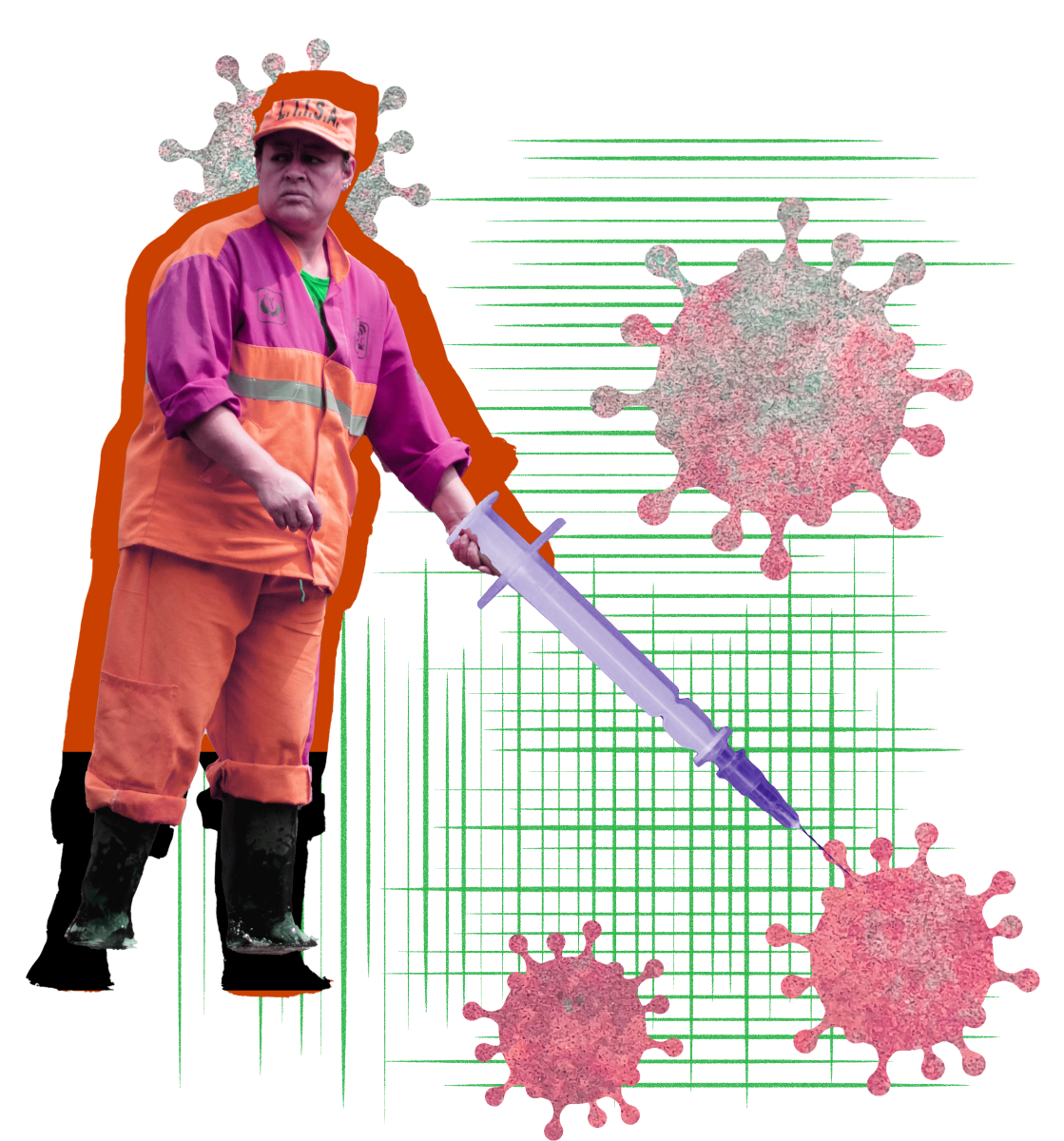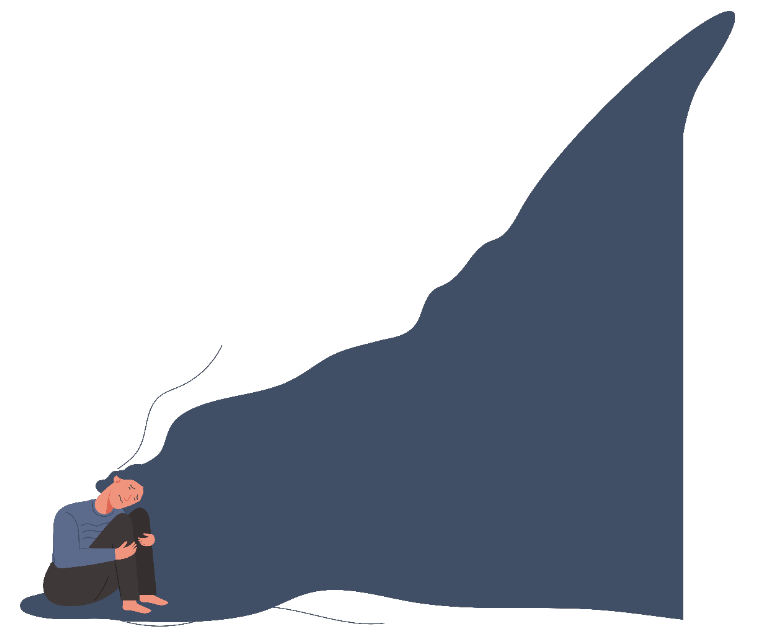On the night of Sept. 16, NJIT was alerted to the news that wastewater testing done in Cypress Hall yielded a positive result for viral SARS-CoV-2 RNA material. It’s dirty work, but it may have prevented a potential COVID-19 outbreak on campus.
Among other testing methods taking place on campus, certified industrial hygienist consultants have been analyzing the sewage exiting residential halls twice a week, searching for traces of the virus. However, unlike other testing methods, as Andrew Christ, Vice President of Real Estate Development and Capital Operations explained, “wastewater testing essentially allows us to test everyone at once,” rather than having to use individual swabs on tests on a mass of individuals.
Another benefit of wastewater testing is that viral load can be detected between three to seven days ahead of symptoms appearing. And in younger populations, this method may be particularly useful for detecting asymptomatic carriers of the virus.
When positive viral load was discovered in the sewage exiting Cypress Hall, a dorm housing nearly 300 students, all residents were immediately placed under lockdown in the residence hall. Additionally, all residents were moved to remote-only coursework and would be tested using individualized PCR nasal swab testing the following day.
Amanda Li, freshman Information Technology student and Cypress resident, described her reaction to the news. “My initial reaction, as an admin of the Class of 2023 Discord server, was to notify everyone to take their temperatures and disinfect their rooms in case anyone they’ve interacted with had been infected… I also had many questions about the quarantine, such as: When will we be able to throw out our trash? Food? Laundry?”
Food from Gourmet Dining Services was provided to all residents. Jason Zheng, freshman Computer Science student and Cypress resident, said “we didn’t really get a choice of what food we wanted, except for those who had dietary restrictions. It was mediocre at best, except for breakfast, which was always consistent and good.”
“I didn’t enjoy the food all that well since it wasn’t really something I would want. But I dealt with it and went through, I was getting bored as well. But thankfully I spent a majority of my time with my classes, playing video games, watching shows and also joined in calls with my fellow friends,” said Li.
A majority of tests provided by NJIT were completed with St. Michael’s staff on Sept. 17. Filipe Atanes, freshman Information Technology student and Cypress resident spoke on the subsequent testing of individuals in the dorm. “The procedure was very carefully done, one thing I can say that is positive is how well they did in trying to prevent the spread. They took each suite to an empty Cypress suite that was previously not occupied. Previously because they made both rooms of the suite into testing rooms. The procedure was simple, they gave you a paper, you filled it out, then they put you in a chair and stuck a swab in your nose. It didn’t take long, at most 5 minutes.”
At this point in time, 0 new cases have been detected. A total of 266 swab tests were conducted across all Cypress residents, with 263 returning negative results and two awaiting re-testing results due to leakages of their test samples. Additionally, of the 32 students that chose to return home rather than quarantine in Cypress Hall, 17 negative test results have already been received and those students have been invited back to campus.
Once negative results are received, students living in Cypress have had building access restored one at a time, with some being released as early as Saturday night.
Data interpretation of the wastewater testing results estimated 5 COVID-19 cases within Cypress Hall. It is possible that no new cases will be detected, but that the positive wastewater test result was triggered by a Cypress Hall resident that was previously identified as positive but was immediately quarantined in a separate room in Cypress beginning two weeks ago. The student has since tested negative.
Regarding NJIT’s response to the potential outbreak, Zheng explained, “it was rather unexpected but understandable. I’d rather contain an outbreak than have the whole campus infected and have to have everyone sent home.”
Lucia Rodriguez Friere, professor of Civil and Environmental Engineering introduced the idea of wastewater testing during pandemic recovery planning, adding to NJIT’s arsenal of testing guidelines to track the spread on campus. Christ explained, “it was a brilliant idea and right up our alley. We felt like NJIT is the right institution to do something so forward-thinking like this.”




































